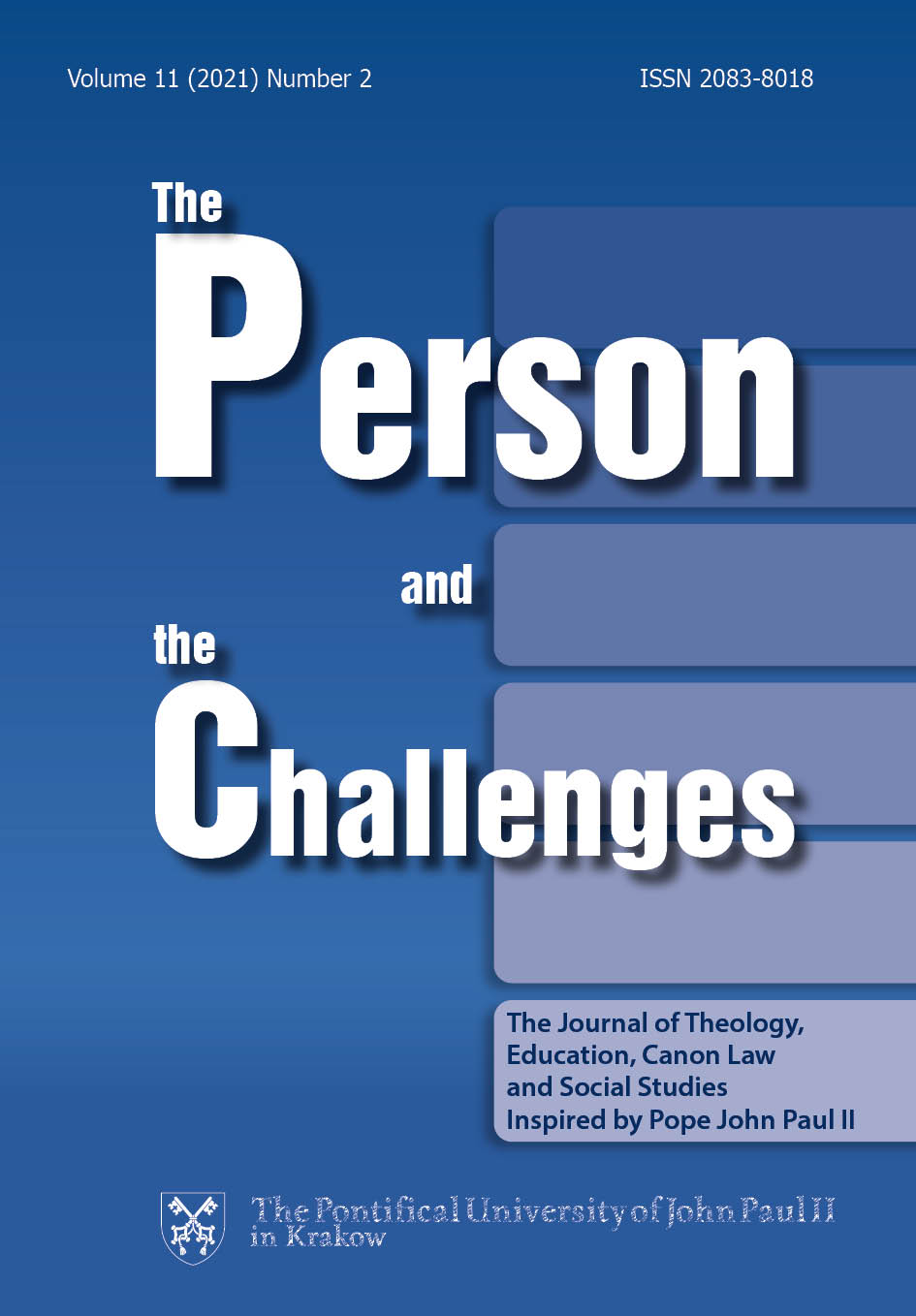Psychology of the complainants
DOI:
https://doi.org/10.15633/pch.4070Słowa kluczowe:
Court, Complaint, The complainant, Complaints managementAbstrakt
The article deals with the personal handling of complaints by participants in court proceedings (in rare cases it also includes those citizens who do not have such legal status as the public). The aim is to define, analyze and describe the personal characteristics of the complainants, to specify what inspires, motivates and leads them to communicate the complaint in person, directly in interaction with the court manager, and court staff by this atypical procedure before, during and after court proceedings, in addition to a written complaint. The management of complaints and the case law of complaints are based in particular on the provisions of § 62 et seq. Act no. 757/2004 Coll. on courts as amended (exceptionally also from Act No. 9/2010 Coll. on complaints as amended). On the one hand, it is a description of the basic characteristics of the applicants’ mental state, communication, behavior and conduct, and on the other hand, it is also a description/study of the managerial activity of the court employees. The article clarifies the peculiarity of the above-mentioned method used to settle the parties in dispute before the courts, but outside the court proceedings one finds that the complainants are absent from the social, health and legal counseling service provided by state or private sectors before the sitting. These areas are to some extent, eventually more or less covered by courts of the Slovak Republic by personally accepting and addressing the complainants. The public is generally unaware of this, but the professionals consider/understand this activity as a protopype (basis) of family court formation or a return to classical counseling from the beginning of the 21st century.
Bibliografia
Blašková M., Management and development of human potential. Applying a motivational accent in favor of working with people, ŽU Žilina 2003.
Lindsay G. et al., Ethics for European psychologists, Testcesntrum, Prague 2010.
Macková Z., General psychology for helping professions, VŠZaSP sv. Alžbety, Bratislava 2010.
Maslow A.H., Toward a psychology of being, New York, D. Van Nostrand Company, 5. Print book. English, Second Edition, 1968.
Motivation, http://www.istp.sk/clanok/4motivacia (08.07.2020).
Ondrušová Z., https://www.tyzden.sk/rozhovory/49668/psychoonkologicka-zuzana-ondrusova/ (01.07.2020).
Stacho Z., Work management organization, Woltwes Kluwer, Bratislava 2017.
Szárková M., Psychology for managers and entrepreneurs, Sprint, Bratislava 2007.
Szárková M., Psychology for managers and entrepreneurs, Sprint, Bratislava 2009.
Act no. 71/1967 Coll. on Administrative Procedure (Administrative Procedure Code).
Act no. 460/1992 Coll. – The Constitution of the Slovak Republic.
Act no. 385/2000 Coll. about judges and jurors.
Act no. 757/2004 Coll. about the courts.
Act no. 300/2005 Coll. – Criminal law.
Act no. 9/2010 Coll. on complaints.
Act no. 160/2015 Coll. – Civil litigation.
Act no. 161/2015 Coll. – Civil out of dispute.
Act no. 162/2015 Coll. – Administrative Judicial Code.
Act no. 400/2015 Coll. on the creation of legal regulations and on the Collection of Laws of the Slovak Republic.
Act no. 18/2018 Coll. on the protection of personal data.
Act no. 314/2018 Coll. on the Constitutional Court of the Slovak Republic.
Pobrania
Opublikowane
Numer
Dział
Licencja
Autorzy publikujący w czasopiśmie udzielają jego wydawcy zgody o następującej treści:
- Autor zachowuje autorskie prawa majątkowe do utworu, a jednocześnie udziela wydawcy czasopisma zgody na jego pierwszą publikację w wersji drukowanej i wersji online na licencji Creative Commons Uznanie autorstwa 4.0 Międzynarodowe oraz zgody na wykonywanie opracowań, w tym przekładów.
- Autor ma możliwość udzielania zgody niewyłącznej na opublikowanie utworu w wersji, która ukazała się w czasopiśmie (np. zamieszczenia go w repozytorium instytucjonalnym lub opublikowania w książce), wraz z informacją o jego pierwszej publikacji w czasopiśmie.
- Autor może umieścić swój utwór online (np. w repozytorium instytucjonalnym lub na swojej stronie internetowej) jeszcze przed zgłoszeniem utworu do czasopisma.

